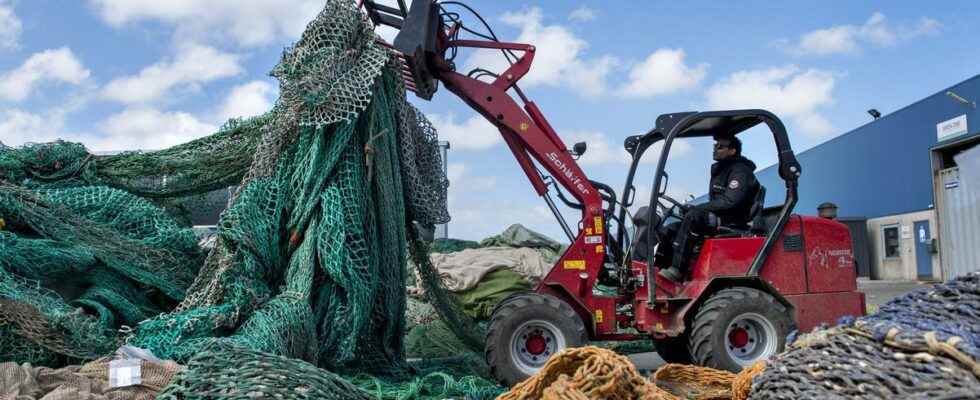BMW announces a new recycling process that makes it possible to manufacture recycled plastic from waste from the oceans.
Plastics from the oceans are thus used to manufacture various parts of BMW vehicles.
BMW parts made from… recycled fishing nets?
Already largely committed to the electromobility market, the BMW Group today announces that it aims to use thermoplastics made from 40% recycled materials in its new vehicles by 2030. By this date, 50% of BMW Group’s global sales could come from fully electric vehicles.
To this end, the group is announcing a new and unprecedented recycling process, which will make it possible to manufacture plastic from waste from the oceans. The plastics thus developed, in particular from fishing nets, will be used to manufacture the floor mats of the BMW iX and the BMW X1.
The BMW Group has set itself the goal of increasing the proportion of secondary materials in the thermoplastics used in new vehicles, from around 20% currently to an average of 40% by 2030.
New also on the battery side
Furthermore, with its new cylindrical battery cells in 2025,
BMW Group aims to reduce the carbon footprint of battery cell production by up to 60% compared to the current generation, with the added bonus of production costs up to 50% lower than those of the current generation.
The BMW Group’s long-term goal is to use fully recyclable battery cells. In China, the company is currently creating a closed circuit for the reuse of raw materials such as nickel, lithium and cobalt from high-voltage batteries, thus laying the cornerstone of a cycle of materials announced as revolutionary.
BMW Group aims to have more than two million fully electric vehicles on the road by the end of 2025.
Source : Electrek

0